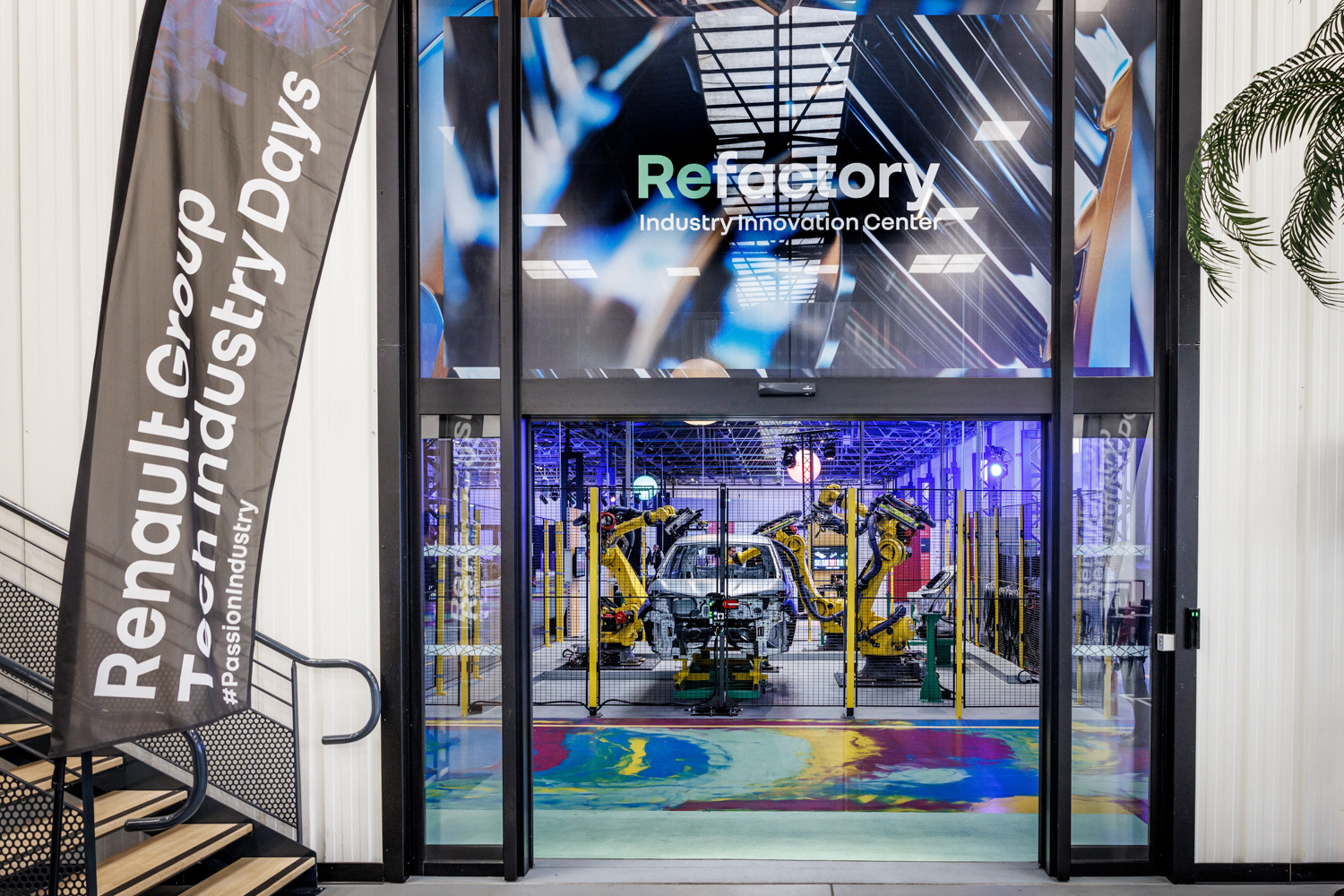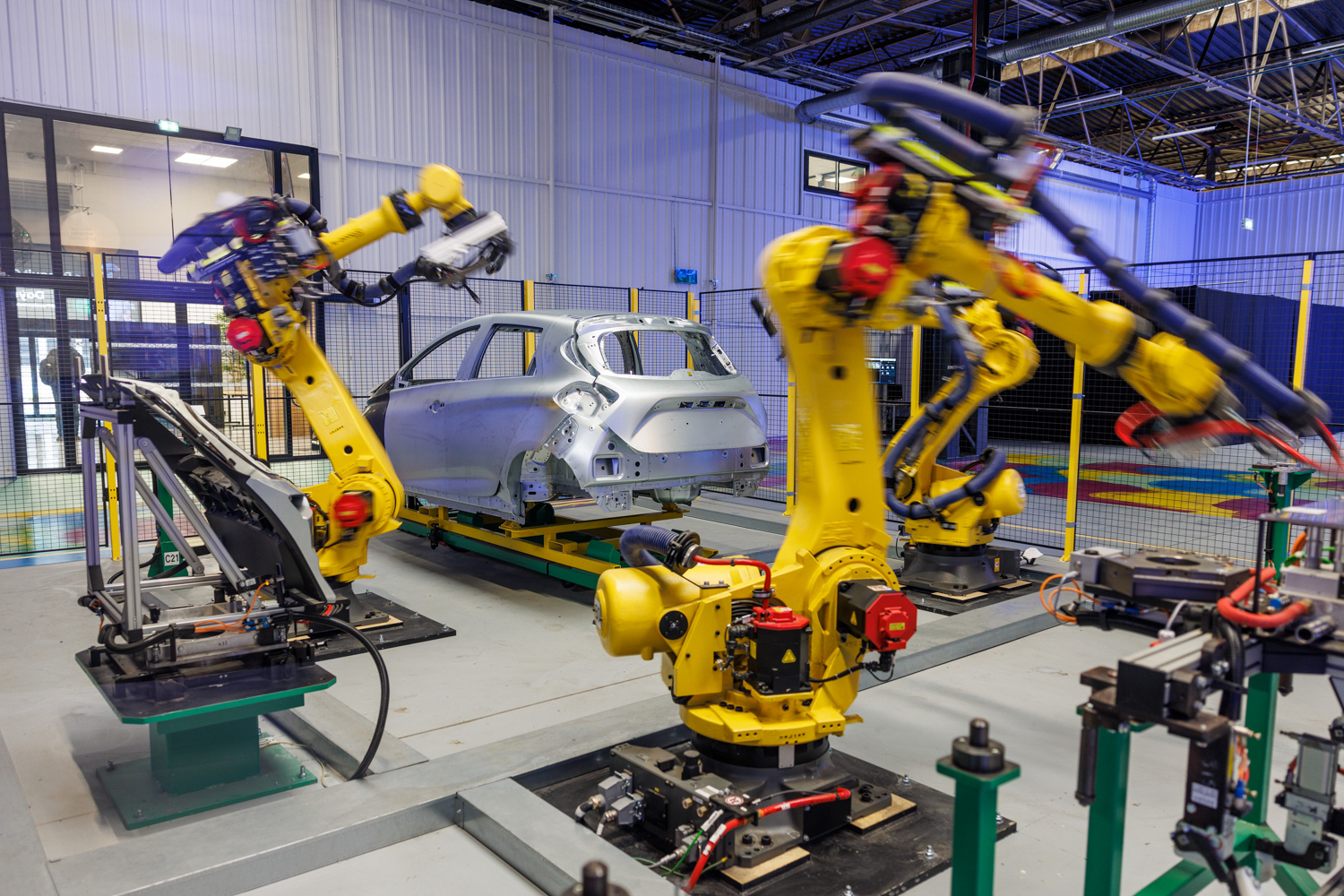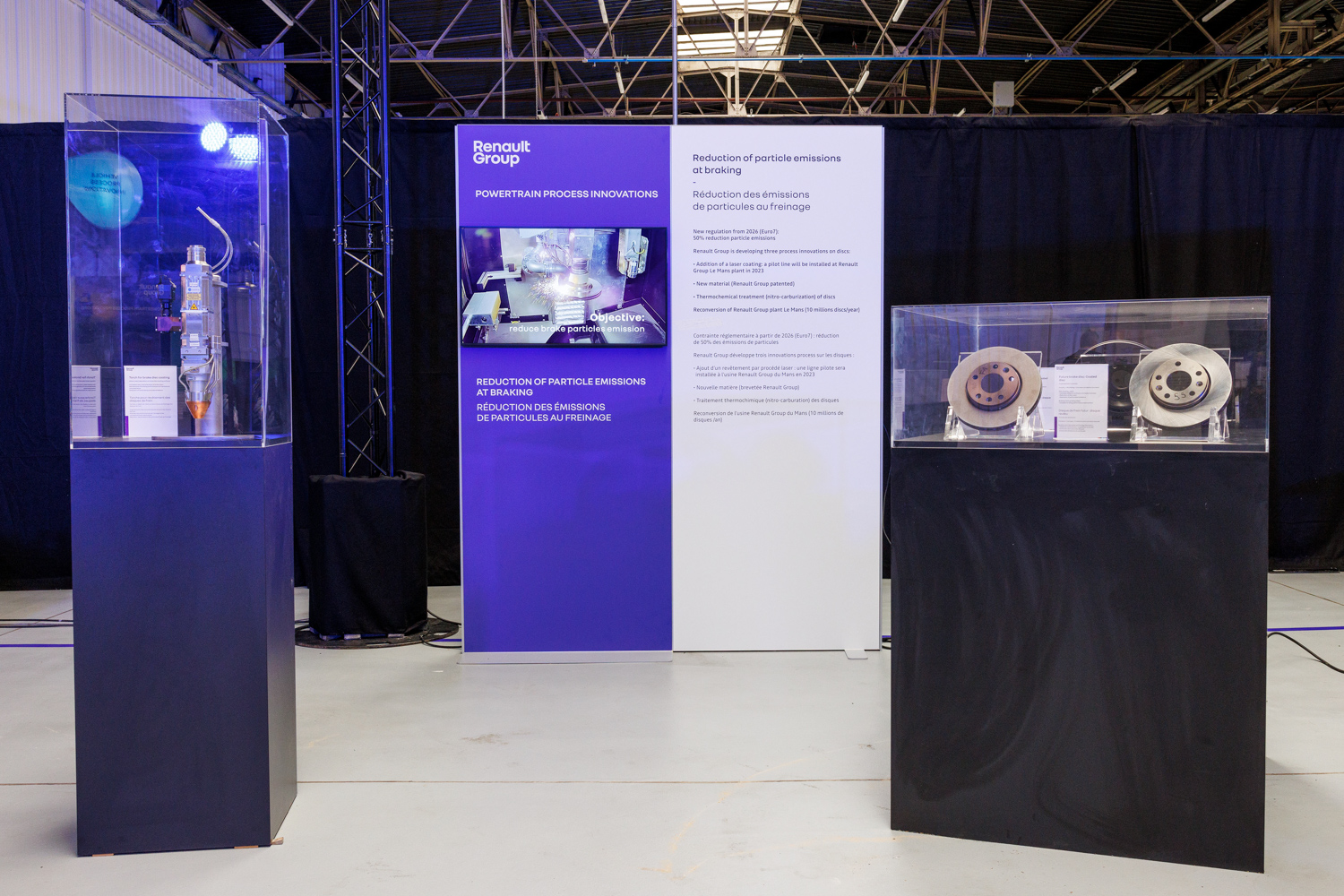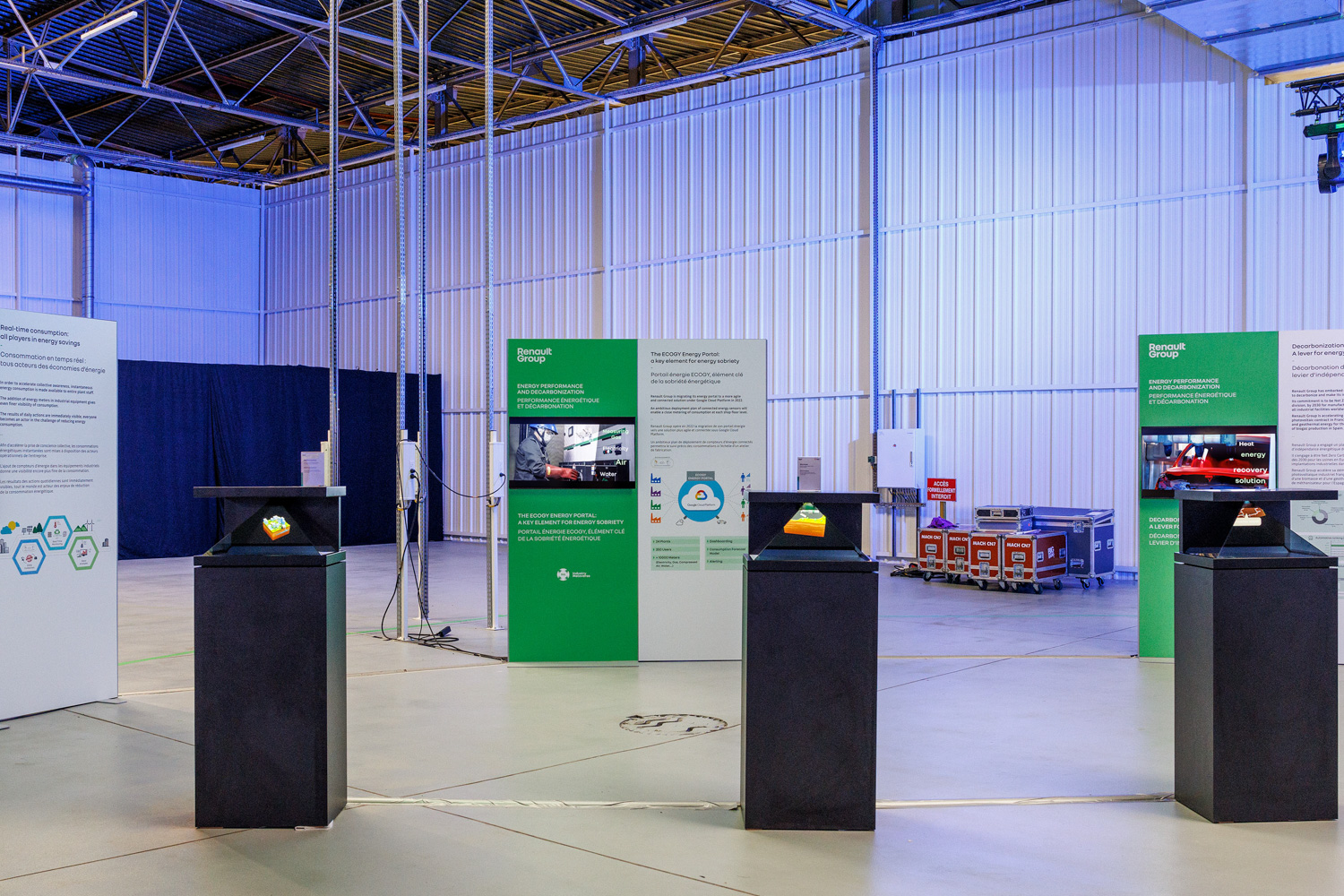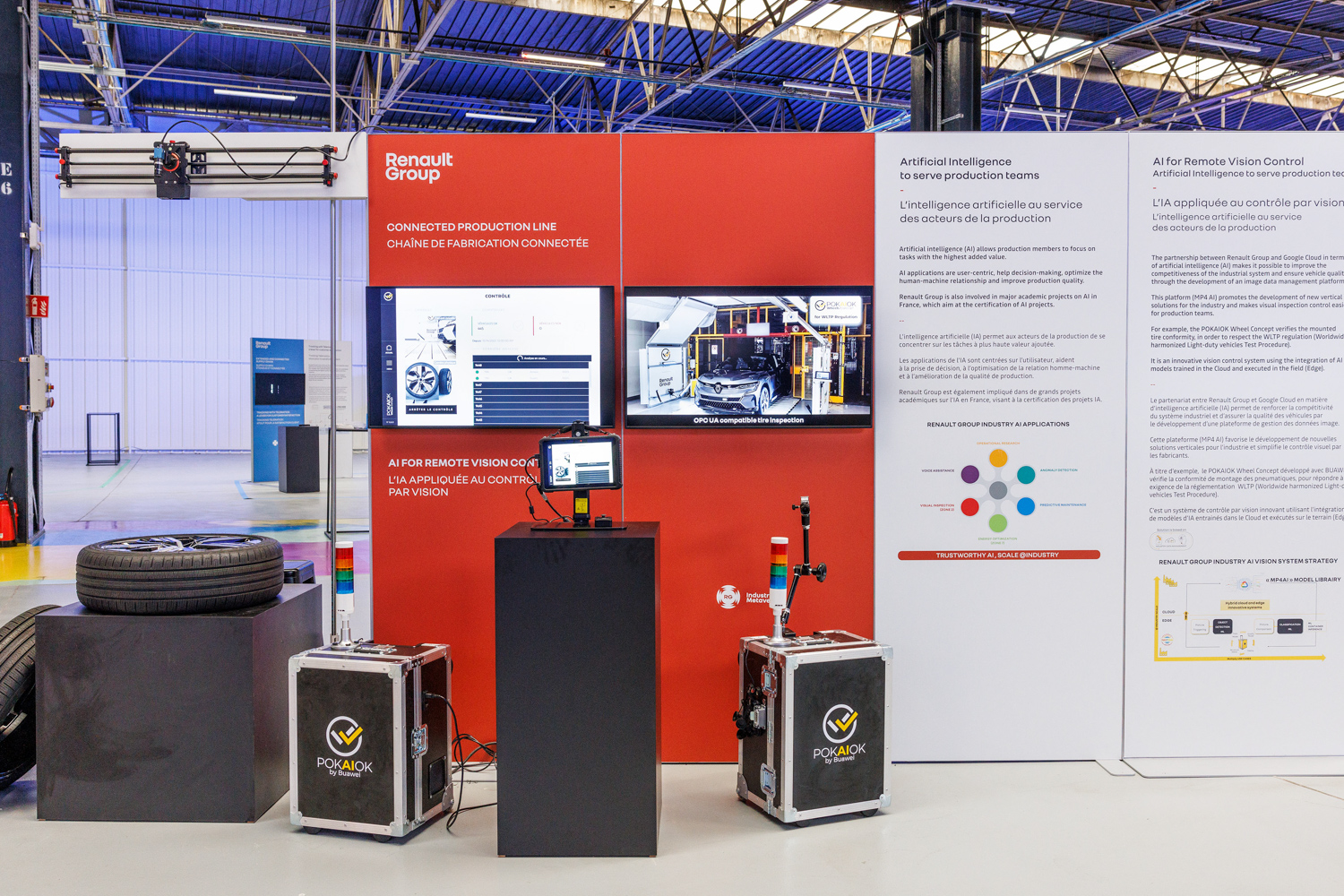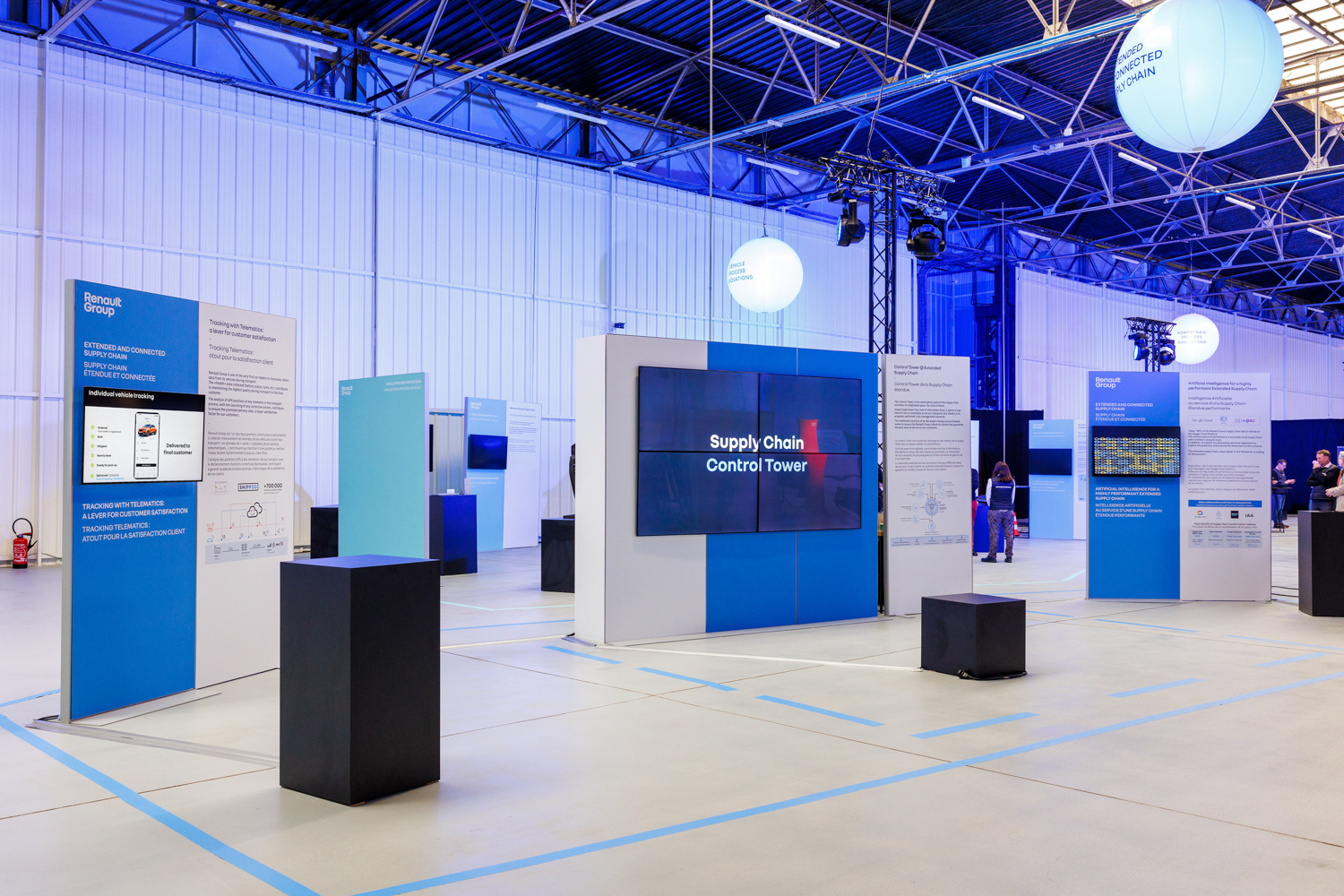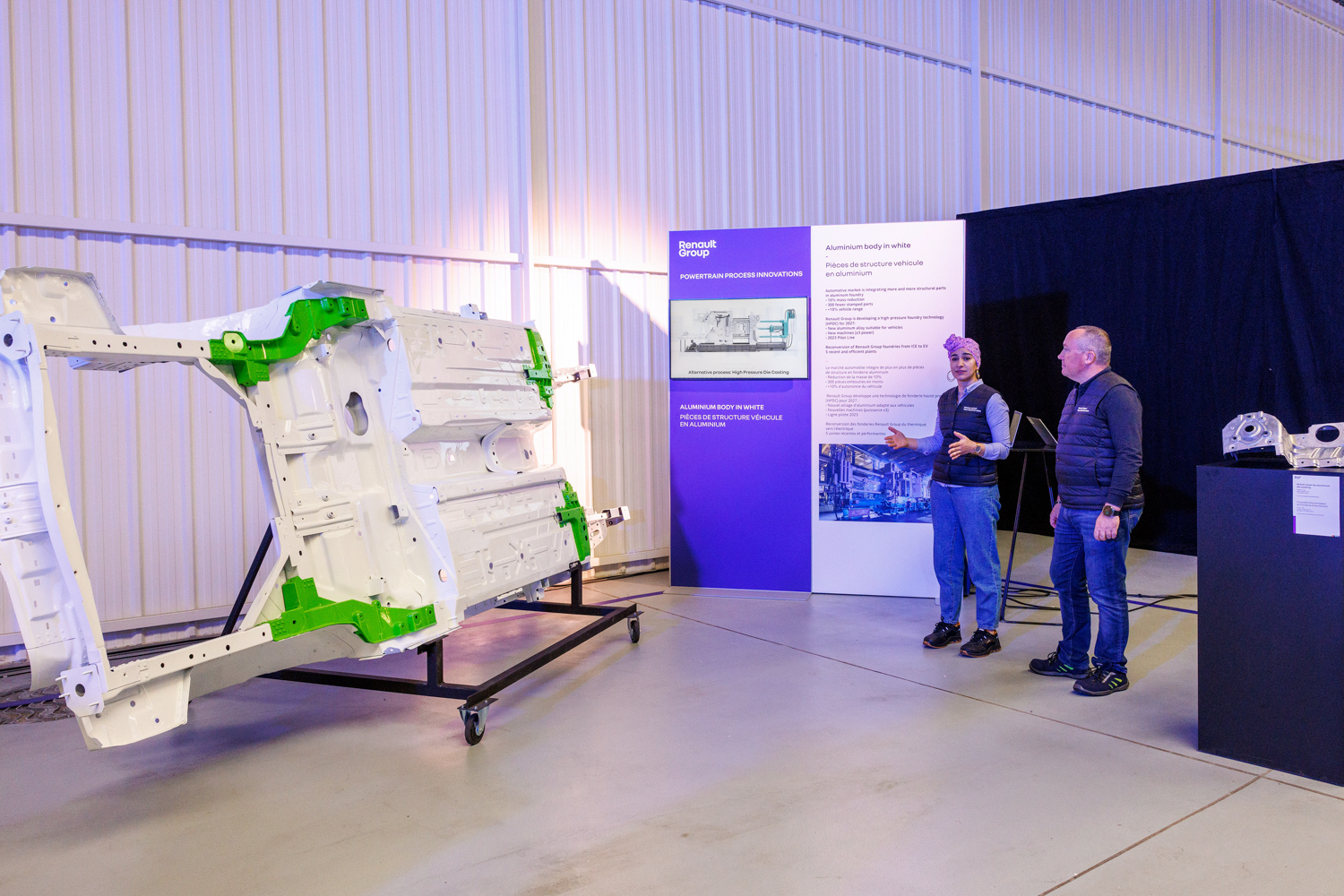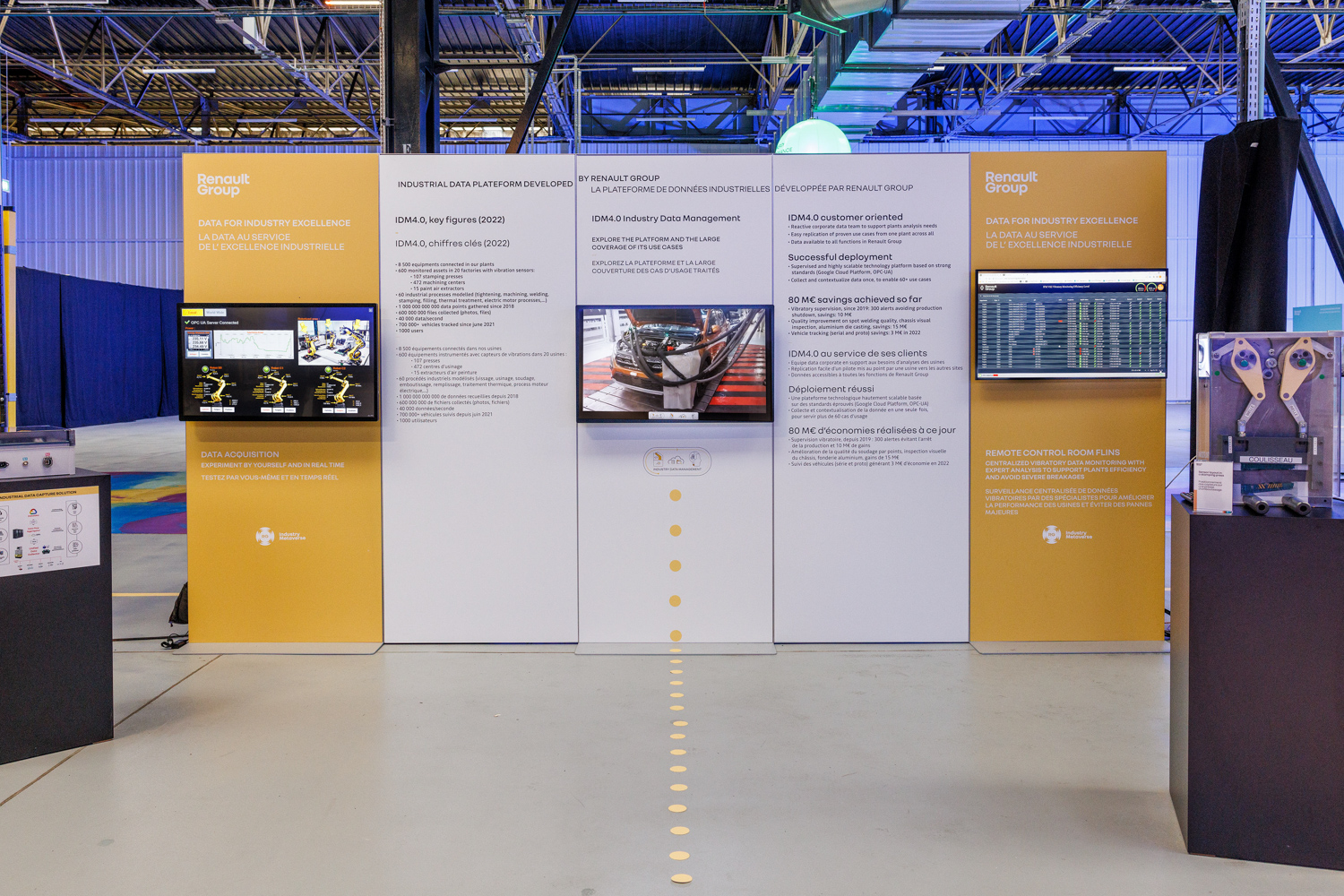Renault has entered the metaverse. No, that doesn't mean the French car-making giant has set up a new Facebook page. It's more like an internet of things, or more accurately, seeing as this is all about one company, an intranet of things that speeds up and slims down production processes and potentially saves Renault a vast amount of cash.
Digital twin
This metaverse means that Renault has digitally connected every one of its production lines (incorporating 8,500 pieces of equipment), 90 per cent of its supply lines, and 100 per cent of the data relating to those supply lines. All of this data is then rebuilt in digital space as the Renault Group Metaverse, a digital twin of how each and every one of its factories are working at any one time.
This, says Renault, is the company's transition to 'industry 4.0', a new industrial revolution where the data about how things work and should work is as important as the physical machines themselves. The idea is that if you have a digital twin of your factory and its processes, you can see how it should ideally work, compare that with how it is working in the real world, and see where you need to make improvements.
The system uses artificial intelligence, which allows it to take account of more info than you might imagine. Obviously, it's taking in the kind of corporate data you'd expect - sales forecasts, quality information and so on - but it's also checking the weather conditions at each location and even keeping an eye on traffic flows in the areas around each factory.
Agility and autonomy
According to Renault: "The supervision offered by the Metaverse through a better visibility of the work environment allows actors to gain agility and autonomy in decision making. Technologies from the world of gaming make user experiences more immersive. This is the case of painting training carried out in virtual reality. AI algorithms allow employees to anticipate, as do flow optimisation and management functions for supply chain experts."
The collected data is stored on a Google Cloud Platform and fed into the system in real-time. Renault says that since 2019, 300 potential problems have been detected and rectified, each of which could have caused a factory or production line to temporarily shut down.
Those improvements have a real cost implication. Renault claims that digital technology and processes such as these, introduced in 2016, have saved it a whopping €780 million. The claim is that by 2025, it will enable €320 million in various savings, which will be added €260 million in savings on inventories, a 60 per cent reduction in vehicle delivery time and a 50 per cent reduction in the carbon footprint of its vehicle manufacturing, as well as a significant reduction in innovation cycles and a contribution to the 60 per cent reduction in warranty costs targeted by the Renault Group.
A billion points of data
"Every day, a billion points of data are collected within the Renault Group's industrial sites. The Metaverse provides real-time supervision that increases the agility and adaptability of industrial operations as well as the quality of production and the Supply Chain. Renault Group is becoming a pioneer in the sector," said Jose Vicente de los Mozos, executive vice president of Industry Group for Renault.
Renault isn't just going to use all this tech for itself, either. The company has said that the unique digital platform it has created to gather and sift all this data can be sold to others, and it will do just that in collaboration with digital transformation experts ATOS.
"This industrial Metaverse is unique and enables us to activate previously invisible efficiency and performance levers, to the benefit of people and the environment. The management of data at Group level allows us to monitor, for example, the energy consumption of all our industrial and non-industrial sites in detail, and above all to optimise them in real time when a plant is stopped," said Patrice Haettel, vice president of industrial strategy and engineering.

